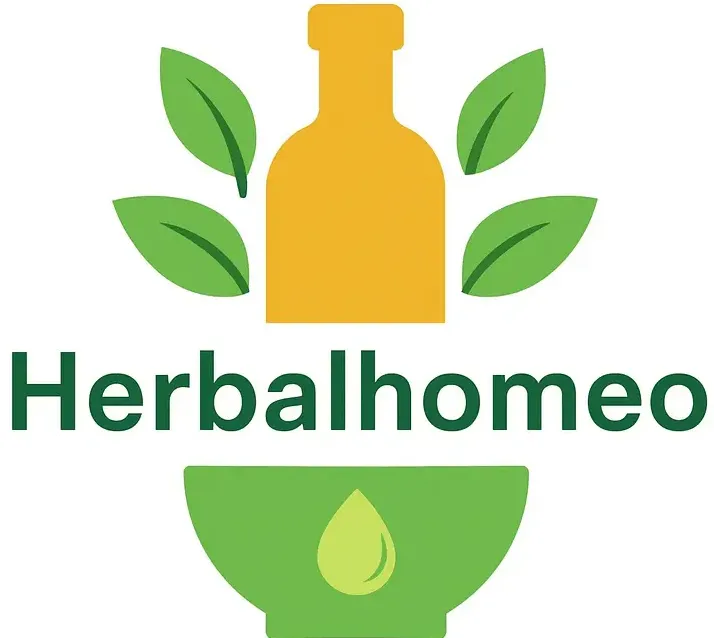The Benefits of Dandelion: A Hidden Health Treasure
In a world where modern medicine often overshadows natural remedies, it’s refreshing to rediscover the power of plants. One such plant, the humble dandelion, has been used for centuries in traditional medicine and is now gaining recognition for its incredible health benefits. From its roots to its flowers, every part of the dandelion is packed with nutrients and healing properties.
What is Dandelion?
Origins and Botanical Information
Dandelion, scientifically known as Taraxacum officinale, is a flowering plant found in many parts of the world. Often dismissed as a pesky weed, this plant has deep roots (literally and figuratively) in herbal medicine.
Nutritional Profile of Dandelion
Vitamins and Minerals
Dandelions are rich in vitamins A, C, K, and several B vitamins. They also contain calcium, potassium, magnesium, and iron, making them a nutritional powerhouse.
Antioxidants and Other Bioactive Compounds
This plant is loaded with antioxidants like beta-carotene and polyphenols, which help combat oxidative stress and inflammation.
Dandelion Tea: A Powerful Brew
How to Prepare Dandelion Tea
To make dandelion tea, add one teaspoon of dried dandelion root to a cup of boiling water. Let it steep for 20-30 minutes to extract its full benefits.
Key Health Benefits of Dandelion Tea
Dandelion tea helps detoxify the liver, improve digestion, and boost immunity. It’s also a natural diuretic, aiding in the removal of excess water and toxins from the body.
Fighting Cancer with Dandelion Root Tea
Research Findings on Dandelion Root and Cancer
Recent studies suggest that dandelion root extract may have anti-cancer properties. Scientists observed that it could induce apoptosis (cell death) in cancer cells while leaving healthy cells unharmed.
Case Studies and Testimonials
A 72-year-old patient reportedly experienced significant improvements after drinking dandelion root tea daily for a month. Within two days, tumor cells began dying and were replaced by healthy cells.
How Dandelion Tea Promotes Cellular Health
The root’s bioactive compounds enhance cellular repair and reduce inflammation, creating an environment where healthy cells can thrive.
Dandelion Root Coffee: A Caffeine-Free Alternative
How to Make Dandelion Root Coffee
Roast chopped dandelion root in an oven until it turns dark brown. Grind it into a powder and brew it like regular coffee for a nutty, caffeine-free beverage.
Benefits of Dandelion Coffee for Health-Conscious Individuals
Dandelion coffee provides a natural energy boost without the jitters of caffeine. It supports liver health and aids in digestion, making it a great alternative for coffee lovers.
Other Health Benefits of Dandelion
Supports Liver Health
Dandelion’s antioxidants help detoxify the liver and promote bile production, essential for digestion.
Aids Digestion and Gut Health
Rich in fiber, dandelion supports a healthy gut microbiome and eases digestive discomfort.
Promotes Heart Health
The plant’s potassium content helps regulate blood pressure, while its antioxidants reduce the risk of heart disease.
How to Harvest and Use Dandelion
Harvesting Tips and Guidelines
Pick dandelions from areas free of pesticides and pollution. Roots are best harvested in the fall when nutrient levels peak.
Storage and Preparation Methods
Dry the roots, leaves, and flowers to store them long-term. Use them in teas, salads, or as a coffee substitute.
Potential Side Effects and Precautions
Who Should Avoid Dandelion?
People with allergies to ragweed or daisies should avoid dandelion. Pregnant and breastfeeding women should consult a doctor before use.
Possible Interactions with Medications
Dandelion may interact with diuretics, blood thinners, and certain antibiotics. Always consult a healthcare professional if you’re on medication.
Conclusion
The dandelion is more than just a weed; it’s a powerhouse of health benefits. From detoxifying the liver to potentially fighting cancer, this humble plant deserves a place in your daily routine. Why not give dandelion tea or coffee a try and see the difference for yourself?
FAQs
1. How does dandelion tea taste?
Dandelion tea has an earthy, slightly bitter flavor, similar to green tea but milder.
2. Can I use store-bought dandelion products instead of fresh ones?
Yes, many quality dandelion teas and supplements are available, but fresh dandelion offers the best benefits.
3. Is it safe for children to consume dandelion tea?
In small amounts, dandelion tea is generally safe for children, but consult a pediatrician first.
4. How long does it take to see health benefits from dandelion tea?
You may notice improvements in digestion and energy within a few days, but long-term benefits require consistent use.
5. Can dandelion be used for skin health?
Yes, dandelion’s anti-inflammatory properties can help reduce acne and promote a glowing complexion.



